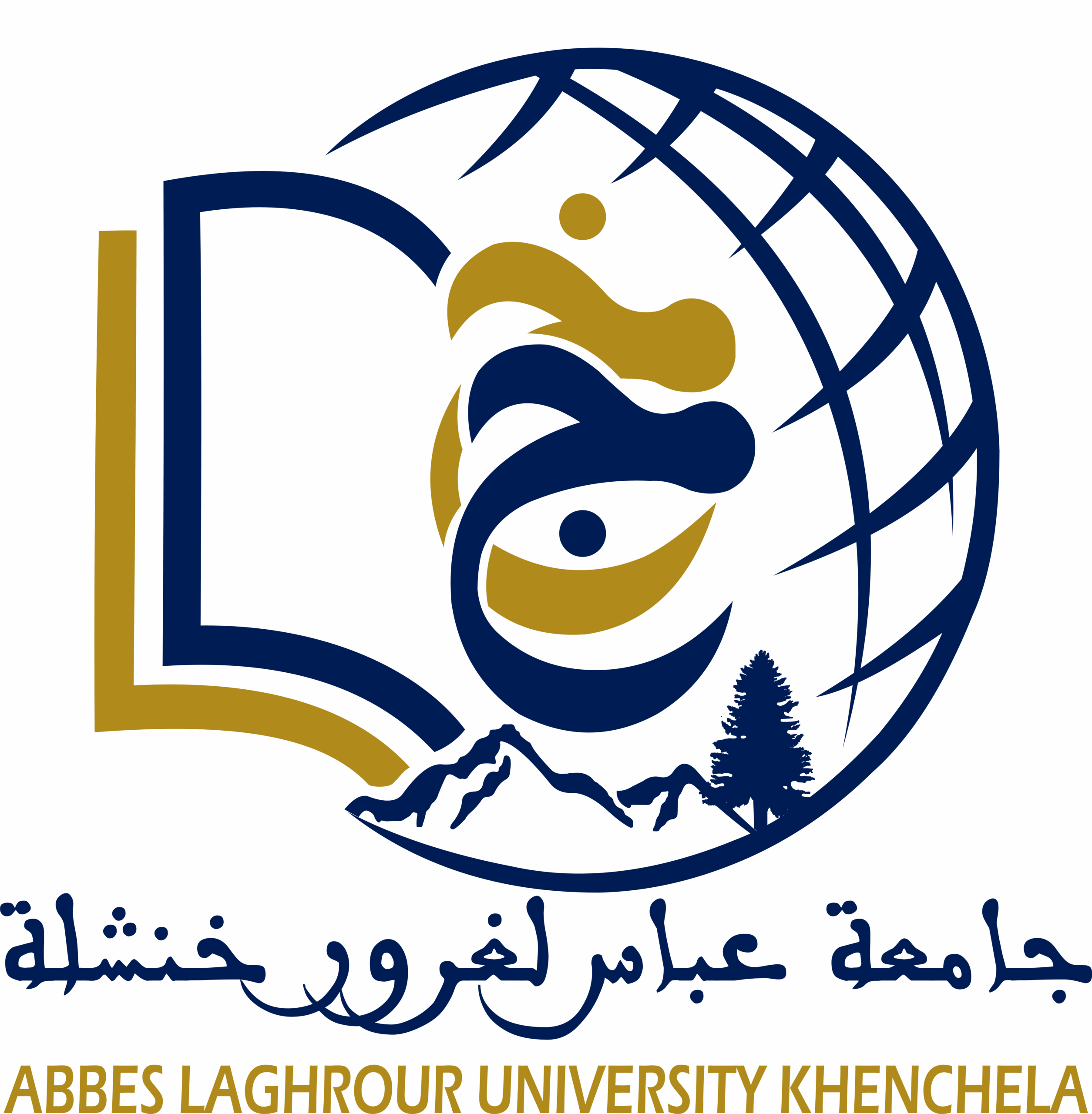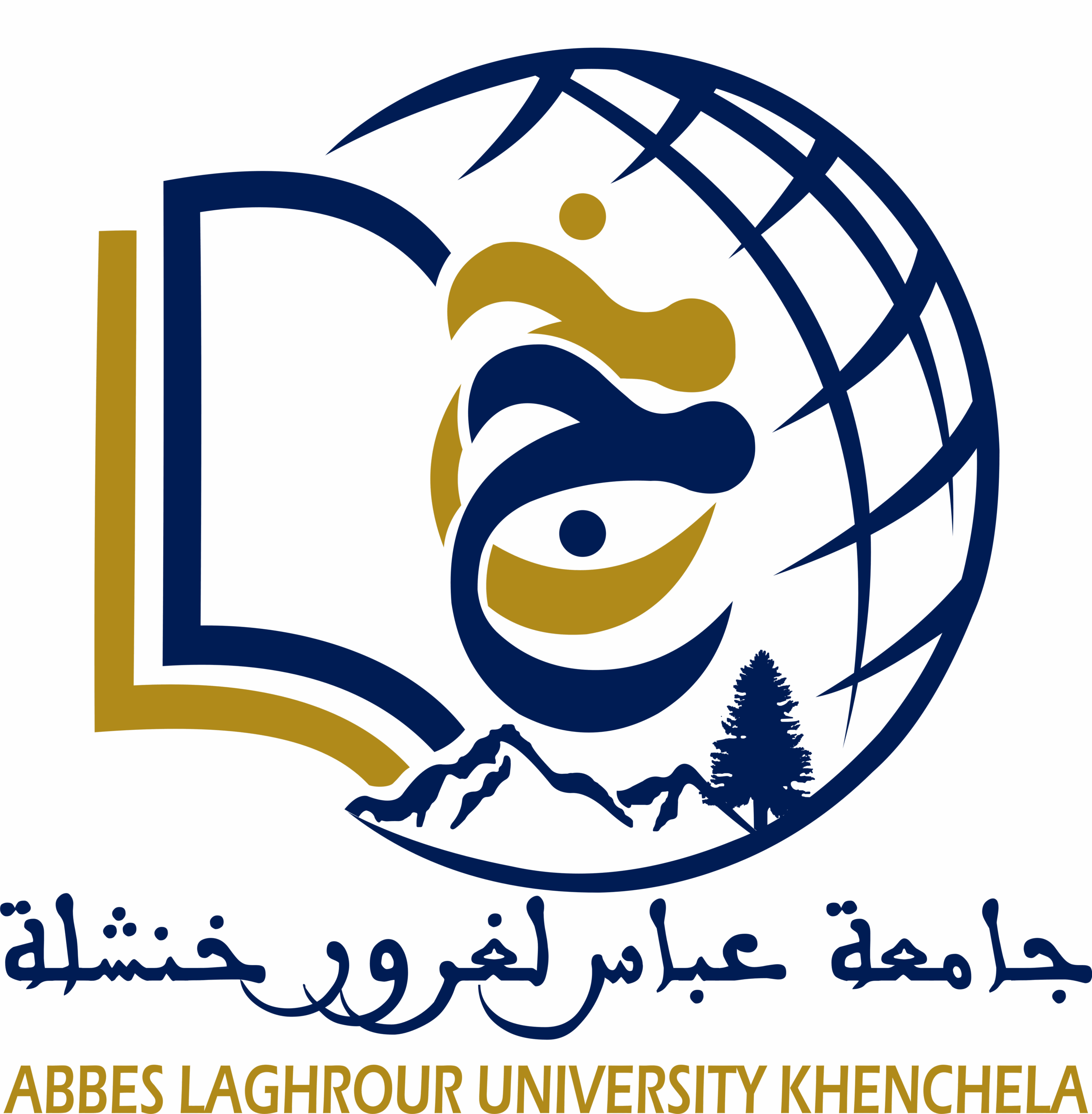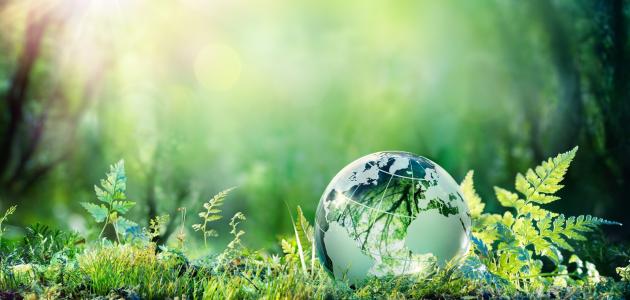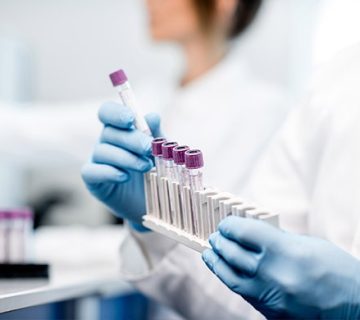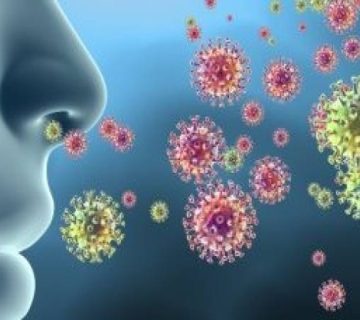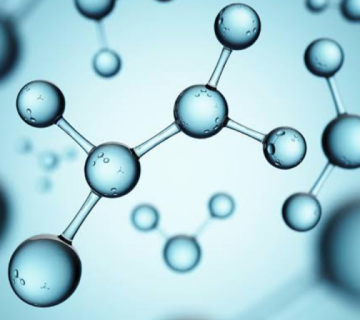- ELAFRI Ali (Team Leader)
- AICHE Mohamed Amine (Member)
- AROUA Khaoaula (Member)
Natural ecosystems such as forests, savannas, grasslands, rangelands, deserts, tundras, rivers, lakes, and seas are living proof of Earth’s biological diversity. Agricultural fields and gardens also hold significant importance as biodiversity reserves.
The degradation of global biodiversity is mainly due to habitat destruction, over-cultivation, pollution, and the harmful introduction of foreign plants and animals. In fact, the current degradation is primarily a result of human activity, posing a severe threat to human life.
The objectives and activities of the MPCB team presented here are generally aimed at:
- Inventorying animal biodiversity and identifying hotspots for the conservation of endangered species and their habitats in the Aurès region.
- Identifying animal species with biological and ecological potential, as well as bioindicators of natural environment quality.
- Insect farming for animal feed and determining biological tools for pollutant degradation (bioremediation).
- Mapping natural environments with high biological and ecological potential.
- Assessing various aspects of the vulnerability of these natural environments.
- Understanding the biological, ecological, and evolutionary processes that govern the variety, quantity, and quality of genes, populations, communities, and ecosystems over time and space, as well as the economic and societal consequences of their interactions with human activities.
- Contributing to the development of national strategies and proposing incentive measures, management tools, processes, and policies for the effective protection, conservation, and restoration of biodiversity, as well as the sustainable use of biological resources.
